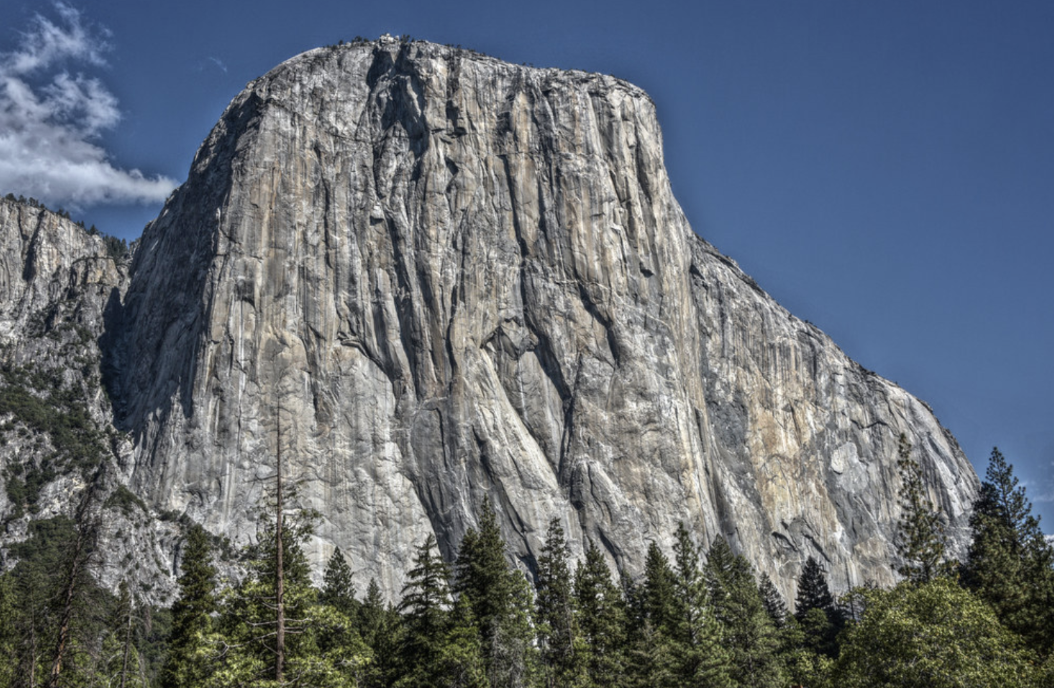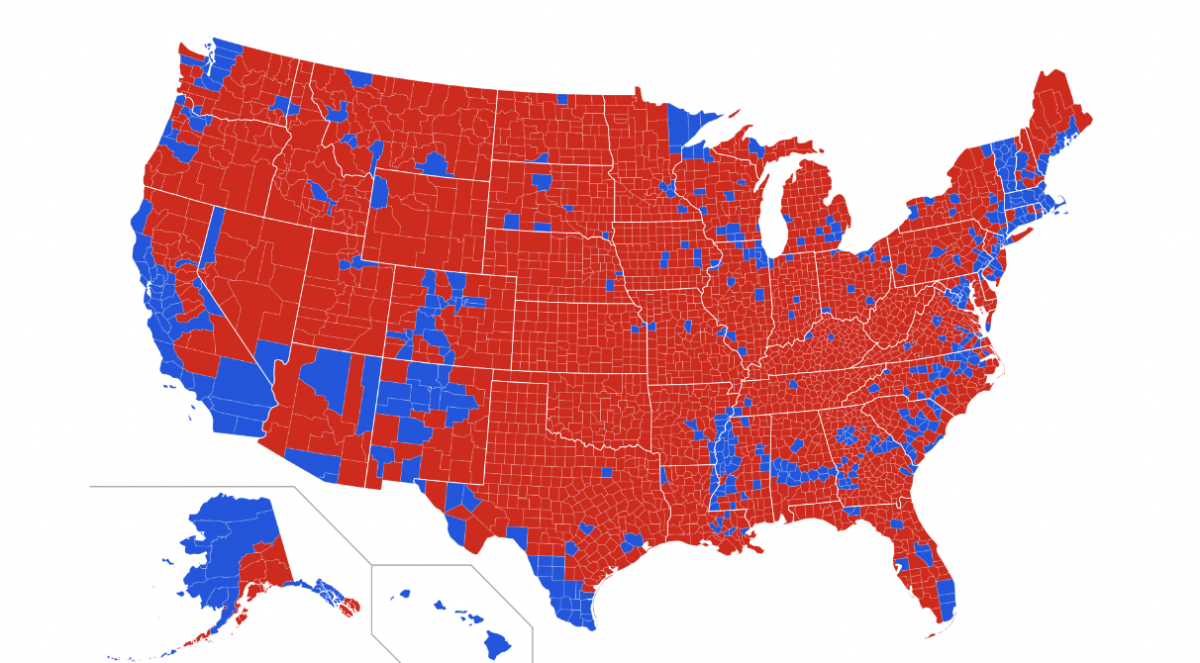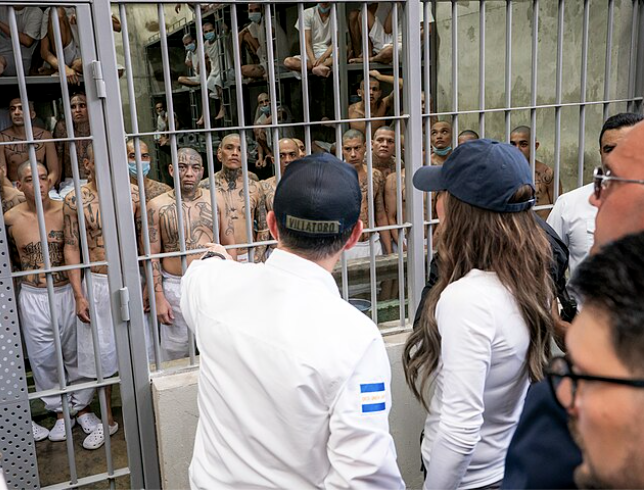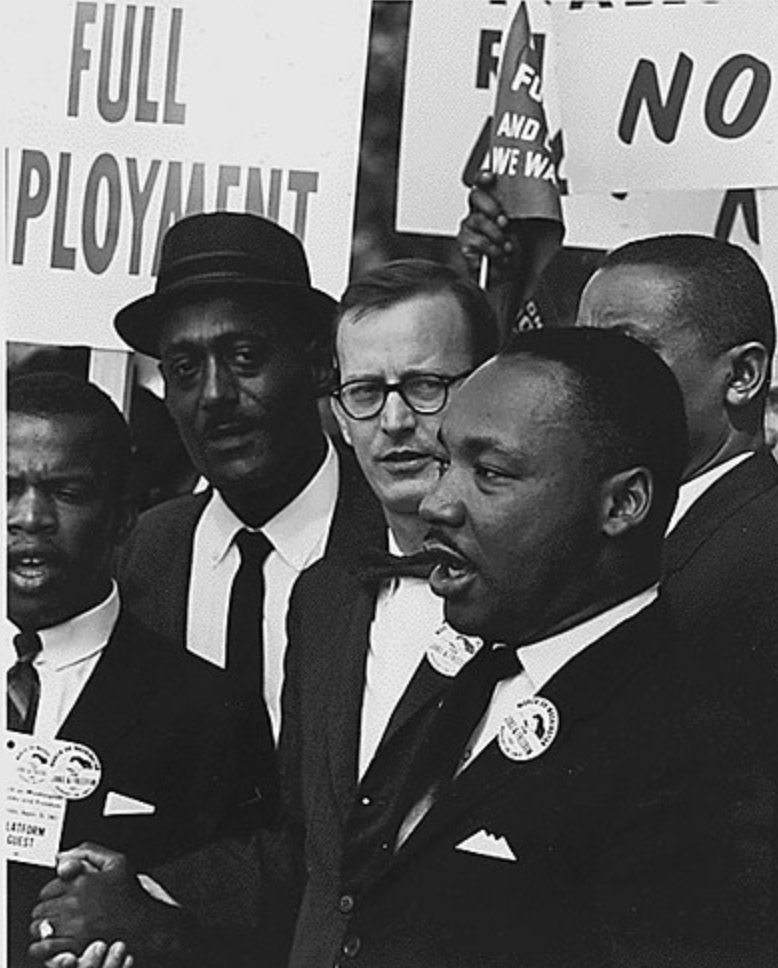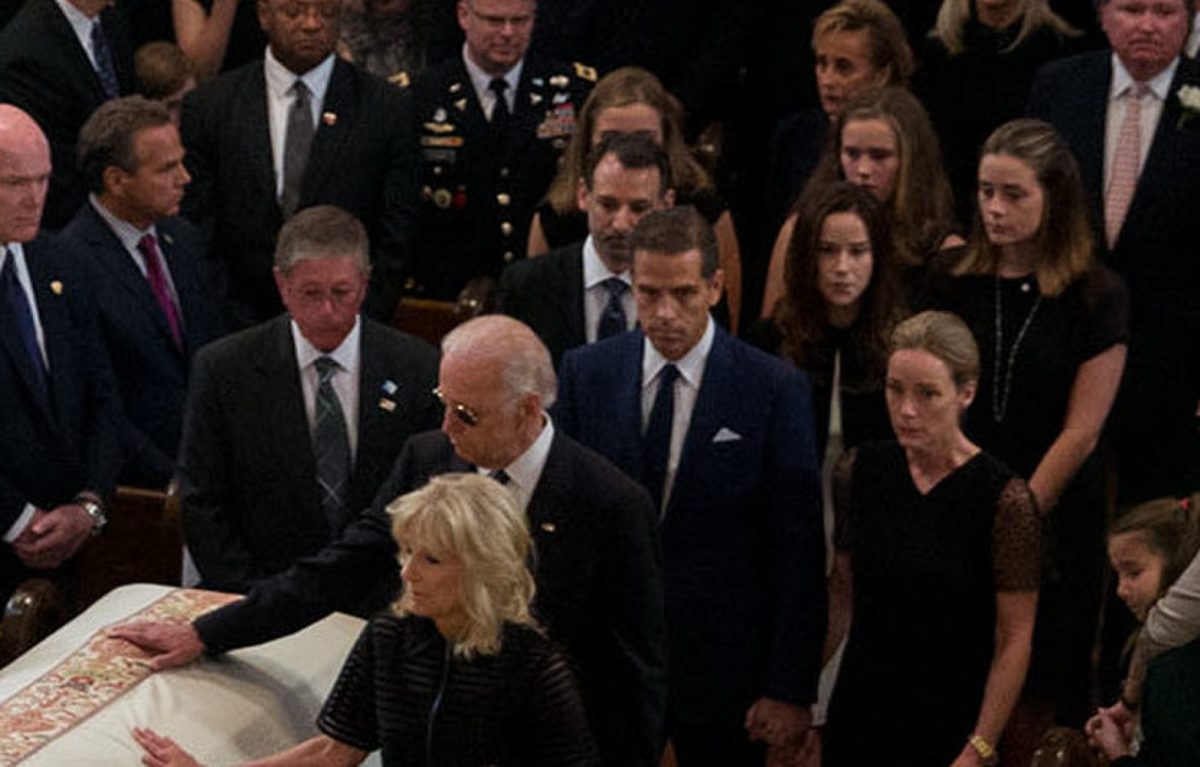 Sara Kloepfer
Sara Kloepfer
Managing Editor
Millions of Americans every year tune into the Academy Awards an hour beforehand to watch the spectacle that is the Red Carpet. Whether oohing and ah-ing over gorgeous gowns or cringing at the fashion faux-pas, both viewers and the media obsess over what the female actors are wearing. Most people forget to look beyond the pretty dresses and think about the women in business suits behind the movies that are being nominated.
Despite widespread critical acclaim for several female-directed films — “The Kids Are All Right” (directed by Lisa Cholodenko), “Please Give” (Nicole Holofcener), “Winter’s Bone” (Debra Granik), and “Somewhere” (Sofia Coppola) — no women were nominated for Best Director this year. “The Kids Are All Right” and “Winter’s Bone” got a nod for Best Picture, but their female directors were not recognized among the five male directors in the Best Picture category that were also nominated for Best Director.
In fact, since the first Academy Awards ceremony 83 years ago, only four women have been nominated for Best Director, and only one woman — Kathryn Bigelow for “The Hurt Locker” last year — has won the Oscar. The statistics for the number of female writers, cinematographers and executive producers are equally stark.
According to Women’s Media Center, a non-profit women’s media organization, only 8 percent of film writers are women and women directed only 7 percent of the top films in 2009 — the same statistic as 1987.
Where are all the women in Hollywood? Even the ones onscreen are fighting for recognition. Recently it has become politically incorrect to refer to females as “actresses” — they prefer to be called “actors” so they can level the playing field between themselves and their male counterparts. The Academy seems to have missed this memo — they still judge men and women separately for Best Actor and Best Supporting Actor, along with Best Actress and Best Supporting Actress.
If women are asking to be recognized as actors, their performances should be judged alongside men’s. Acting is not like sports where men have a physical advantage — female actors are perfectly equipped to compete in the same arena as men. To effectually change the perception of women in Hollywood, the industry has to do more than change how they refer to them, but change how they treat them — in this case, actions speak louder than words.




